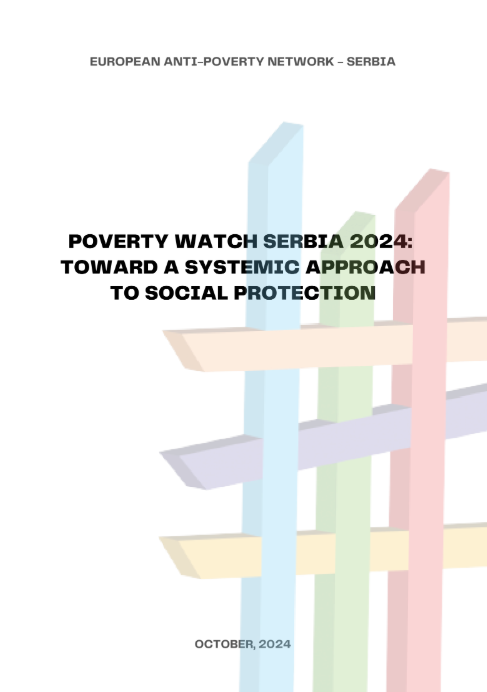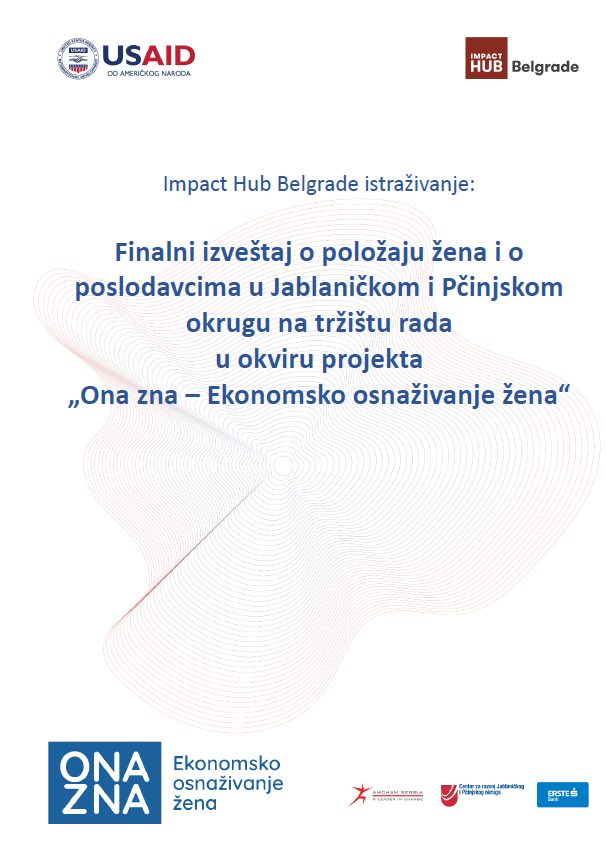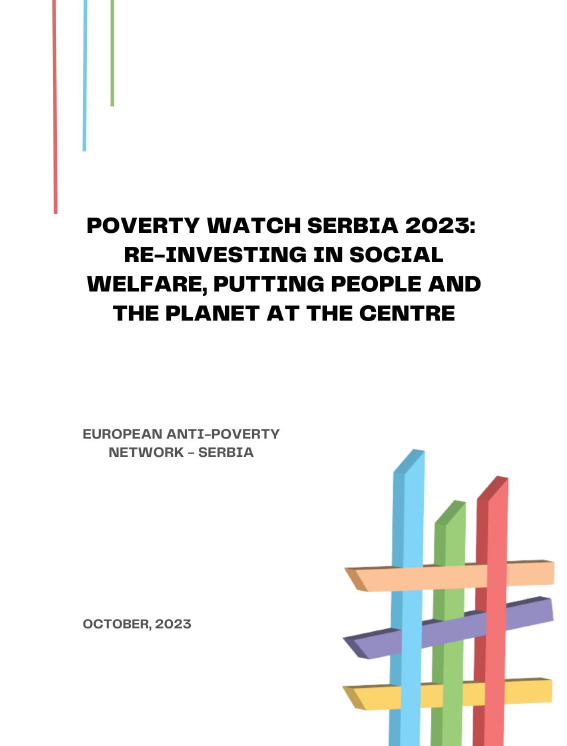The study “Gender Inequalities in Republika Srpska from the perspective of life courses” is a result of research conducted by SeConS in 2016 for the needs of the Gender Centre of the Government of Republika Srpska, with support of UN Women. The aim of this pioneer research was to reveal from the dynamic perspective of life courses in which aspects gender inequalities appear and what their roots and outcomes are. The life course approach allowed gender inequalities to be observed between generations, to identify obstacles faced by men and women along different life pathways, and to recognize problems entailed by transitioning to new life stages.
Quantitative part of the survey was conducted on a sample of 489 households and 1632 individuals in Republika Srpska and supplemented with in-depth interviews on a sample of 20 respondents of different age, educational level, marital and parental status, from urban and rural areas.
Research results showed that major gender and intergenerational differences exist in the field of education. Educational attainment increases with younger generations, and a gender gap in favour of men is the most pronounced in adults older than 65 years. On the other hand, economic aspects of gender inequalities between generations are constant, and roots of gender segregation date back to childhood.
It is evident an increase in the age of entry into marriage, but family planning remains unchanged, as among young people there is low control over transition to parenthood.
Subjective well-being, as well as engagement in civil society organisations and political parties, decreases with age, and it is also gender-specific. Gender differences also exist in terms of health and health practices, as well as of strategies aimed at increasing life well-being: men are mainly oriented towards job-related strategies, while women view education as a means to improve their well-being.













